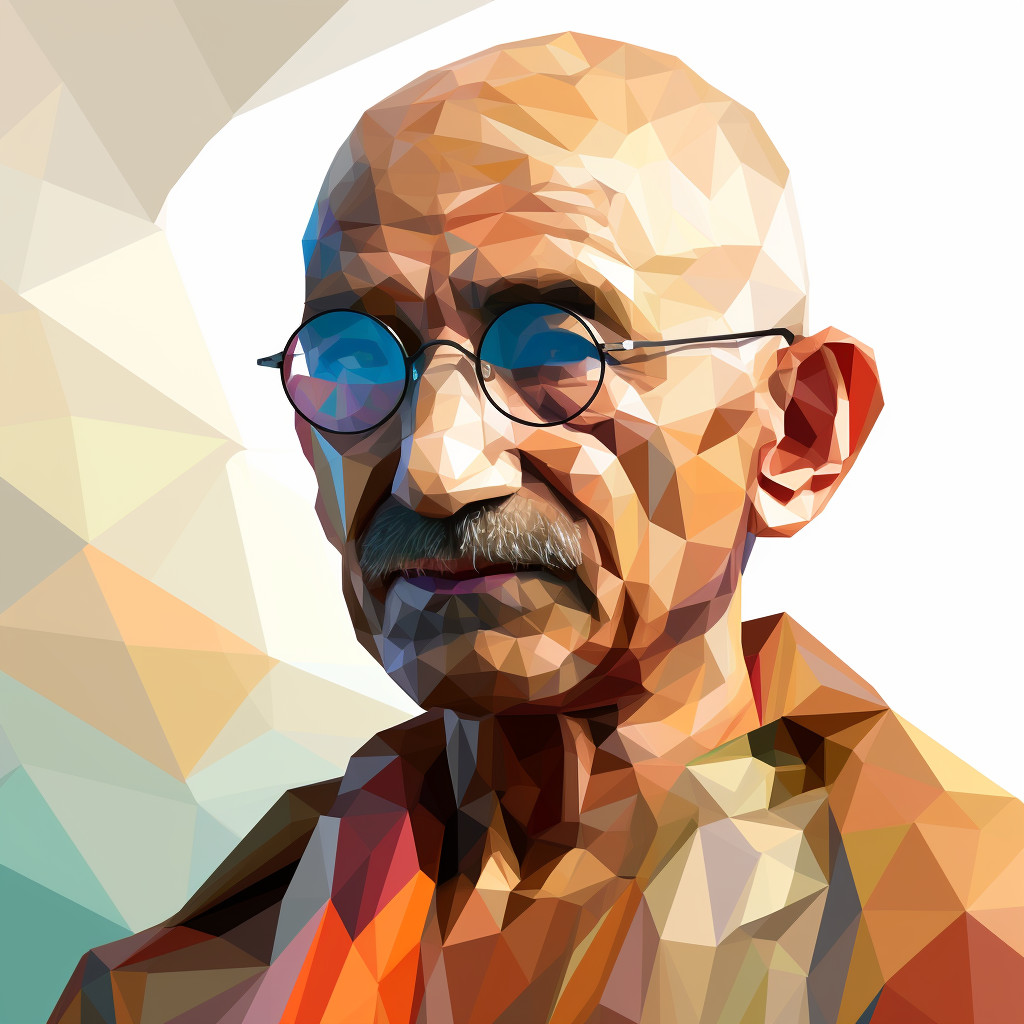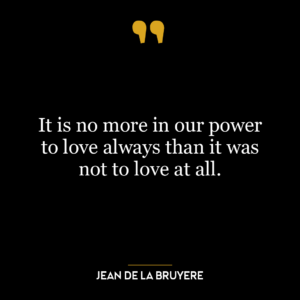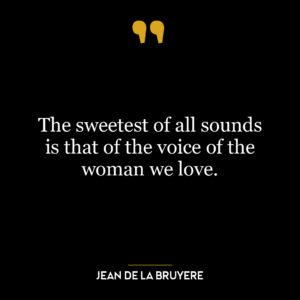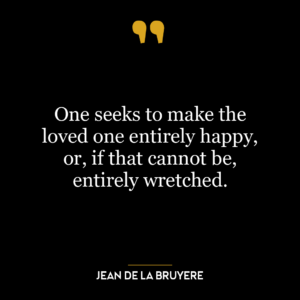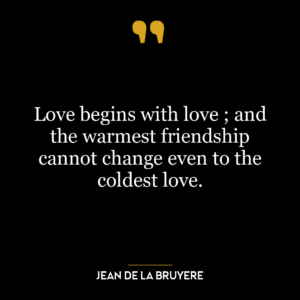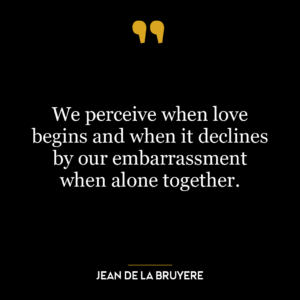This quote emphasizes the concept that forgiveness is an act of love, not just towards the person being forgiven, but also as a form of self-love. It suggests that forgiveness isn’t merely letting go of resentment or anger towards someone who has wronged us, but it is a conscious choice to love instead. This love is a self-giving love, meaning it is a love that does not expect anything in return. It is a love that is given freely and selflessly.
The quote further implies that forgiveness is a skill that needs to be learned and practiced. It’s not something that comes naturally to us, especially when we have been hurt. It requires a lot of patience, understanding, and courage. It’s a skill that requires us to put our ego aside and choose love over hate, understanding over judgment, and unity over division.
Applying this idea in today’s world, especially in a time when conflicts, misunderstandings, and divisions are rampant, can be challenging but also transformative. If we choose to love by forgiving, we can break the cycle of hate and revenge that only perpetuates more suffering. It can help to foster more understanding and compassion in our relationships and communities.
In terms of personal development, practicing forgiveness can lead to emotional growth and spiritual maturity. It can free us from the burdens of the past and allow us to live in the present moment more fully. It can also help us to cultivate a more loving and compassionate heart, which can improve our overall well-being and happiness. It’s a powerful tool for healing not just our relationships, but also our own hearts and minds.



